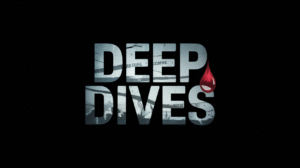
Human trafficking has become a central component of organized crime, representing a serious threat to global security, democracy, governance, and human rights. Traffickers typically operate within well-structured criminal networks that enable them to exploit increasing numbers of victims over extended periods, often with escalating violence. The groups most severely impacted are women and children, who frequently endure the worst forms of abuse.
World Day against Trafficking in Persons
On July 30, marking the World Day against Trafficking in Persons, the Inter-Agency Coordination Group against Trafficking in Persons, which includes UN Women, released a joint statement. This statement urgently calls for action against the criminal networks perpetuating human exploitation.
The Impact of Trafficking and Organized Crime
The relationship between trafficking in persons and organized crime forms a destructive cycle that affects both global and national stability. This cycle:
- Weakens governance structures
- Undermines human rights protections
- Erodes the rule of law
- Damages democratic institutions
- Obstructs worldwide sustainable development efforts
Path Forward: Combating Criminal Networks
Efforts aimed at dismantling these criminal networks are essential to:
- Protect vulnerable populations
- Ensure a safer future for all
Addressing the issue calls for:
- Coordinated international cooperation
- Strengthened legal frameworks
- Expanded support systems for survivors
Stay tuned for more in-depth updates and analysis in upcoming Deep Dives.


